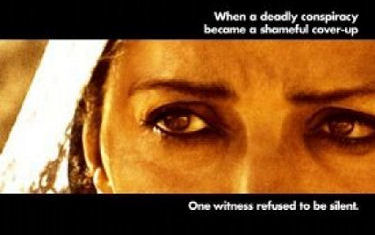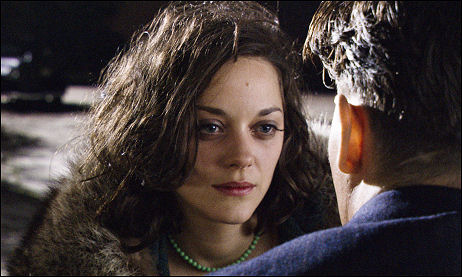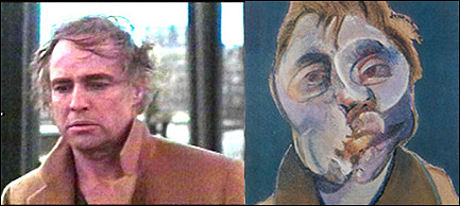Responding to my recent praise for Michael Mann‘s Public Enemies, legendary film critic F.X. Feeney shared some thoughts earlier this evening, focusing especially on Mann’s history of writing strong and defiant female characters.
“I’m so glad we agree about Public Enemies,” he began. “I think it’s a beautiful confluence of everything I ever loved about Last of the Mohicans and Heat — especially in its sense of America as a still-embattled frontier where men and women continuously invent and re-invent themselves, and protagonists (whether they live within the law or without it) who are defined by their refusals to conform.
“This is one reason I take exception to Mark Harris‘s view that Mann short-shrifts his female characters. Gong Li in Miami Vice goes her own way, at huge risk. So do Madeline Stowe‘s Cora in Mohicans, Ashley Judd in Heat, the angry women played by Diane Venora in Heat and The Insider, Tuesday Weld in Thief.
“Everywhere you look in Mann’s work (The Keep, Manhunter) women are all deeply observed, self-reliant and fully dimensional..
“I will admit La Cotillard takes the coupe du monde in their honors, but then she is not only great in herself but that magnificent hall-of-mirrors moment when Dillinger contemplates her angelic double, Myrna Loy, in Manhattan Melodrama. It seems to me that here, Mann grandly contradicts the old saw that men’s ‘immortal dreams of women’ are ‘unattainable.’ From where Dillinger sits, that dream has been attained quite fully, thank-you-very-much. A ticklish mystery, this.
“I love, too, that Public Enemies dramatizes the great line from Miami Vice — ‘time is luck’ — without having to state it aloud. Mann is contemplating mortality in this movie, more directly and philosophically than ever before — and doing so in the Ernest Hemingway sense of action as a philosophy.
“This is a soulful film that calls no attention to its soulfulness, trusting us to tune in.”
Feeney added the following early this morning:
“I offer what follows with a word of caution to your readers that they really should see Public Enemies before they read too much more about it. Although I’m careful to avoid blatant spoilers here, everybody should have the great pleasure of seeing this unique movie for the first time by their own lights.
“Rereading what I wrote about Dillinger watching Myrna Loy (who bears such a pleasing resemblance to Marion Cotillard’s Billie Frechette), I don’t feel I did this scene or my feelings about it justice.
“The moment is extremely moving in context, as a development in Dillinger’s psyche — he’s not a very reflective guy, but in this moment (courtesy of Mann’s fine filmmaking and Johnny Depp’s translucent acting) we’re given a privileged glimpse as he takes stock of his life.
“That JD has been loved and tasted goodness is something we know well, courtesy of Cotillard. That he’s able to see and appreciate this, as if he were a disembodied spirit regarding his own life with the clarity and compassion of a stranger, is a gift that comes to him courtesy of — wouldn’t you know it — the movies.
“I don’t think there’s another instance in Mann’s work where he’s ever so directly regarded ‘movies’ as a factor in our lives and culture. Celebrity (Ali), yes. Crusading jounalism (The Insider), absolutely. Mann has always been sensitive to the ways people project their personalities in any public arena, but he’s tended to leave ‘movies’ out of the equation.
“Indeed, you could argue that his films are ‘anti-movies’ in the sense that he is relentless about drawing from life, and not the work of other filmmakers. Yet here is a rare moment in which the silver screen is shown to reconcile a man to the chaos of his life.
“This is what I mean when I characterize Public Enemies as a meditation on mortality. It strikes me that Mann is casting a conscious, wondering eye at this art form where he’s spent so much of his own life, and its impact upon souls.”
Reaction: In Contention‘s Kris Tapley respectfully disagrees with some of what Feeney has to say.



